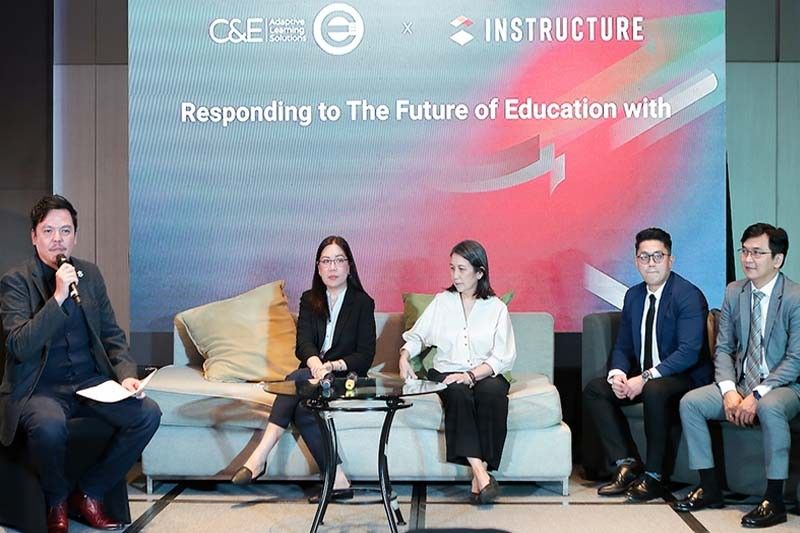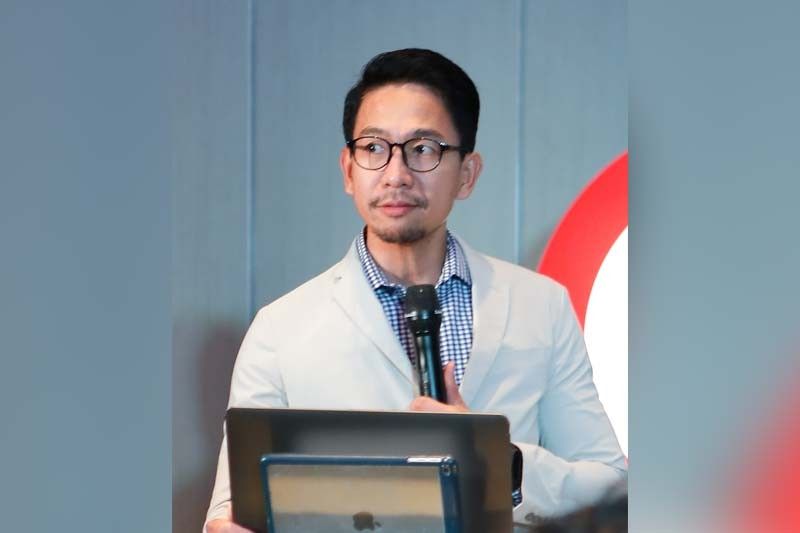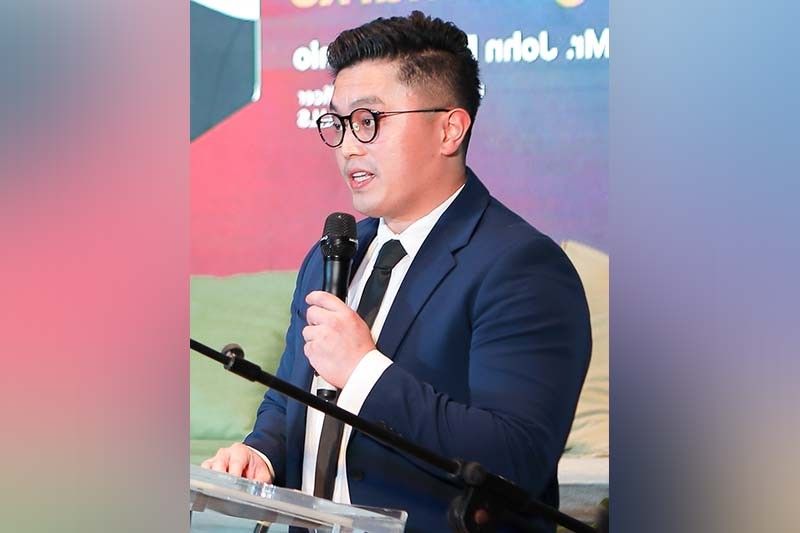Dialogue vital for continued learning innovations in a post-pandemic world

“The end of schooling as we know it has finally started,” boldly stated a veteran educator on the changes sweeping the Philippine higher education system in particular, as part of his opening remarks during the recent launch of a local partnership between a learning solutions provider and a global learning management system (LMS) platform.
“Evolearning” is what Dr. Edizon Fermin, co-chair of the Philippine Commission of Higher Education’s Technical Panel in Teacher Education, described as the current state of learning in the country—an evolution that has primarily been characterized by flexible or blended learning modalities.
At the onset and amid the ongoing COVID-19 pandemic, the modality—by choice or otherwise—has been full distance, enabled mostly through online learning and technologies such as LMS.
Fermin even cited Commission on Higher Education (CHED) Secretary Prospero de Vera III’s statement in 2021 that “from now on, flexible learning will be the norm.”
However, the government agency’s Memorandum Order (MO) No. 16 last November 2022 may seem to say otherwise, as it practically mandated higher education institutions (HEI) to cease full distance or online learning, mostly in light of easing COVID restrictions.
HEIs are now “enjoined” to design and deliver their courses either fully onsite or in hybrid manner, which requires at least 50 percent in-person modalities, by the second semester of school year 2022–2023.
Those intending to continue with full online learning will need to seek prior approval from the commission and, in effect, apply as a distance education (DE) provider, which Fermin admitted has difficult if not impossible requirements.
However, he is optimistic and sees the opportunity for dialogue. “While the direction seems to be like this [full face-to-face classes]… look at the openness of the commission,” he said, adding that meetings are being held with the technical panel on distance education learning to look at the possibility of relaxing DE provider qualifications.
Private HEIs, depending on capacity, can determine whether to return to onsite learning or apply to become a DE provider, according to Fermin.
“It depends on the realities of every institution and the learners they serve.. therefore, this is not running against academic freedom. It is an invitation to become more sensitive—what is your direction as an institution?” added Fermin.

The benefits of flexible learning
Fermin traced how flexibility is a key concept that has helped learning and education evolve in the Philippines—from opening up possibilities and increasing capacity, it has translated into inclusivity toward all types of learners.
This, in turn, has also translated into effectiveness, not just in terms of instruction and learning but operational costs as well. Ultimately, flexibility has led to a state of wellness for all stakeholders—teachers, students, parents and others—and growth.
These are the virtues of flexible learning made possible mostly through technologies such as LMS, in a panel discussion organized by C&E Adaptive Learning Solutions (C&E ALS), the pioneering and most dynamic integrated learning solutions provider in the Philippines.
C&E ALS has partnered with global educational technology firm Instructure to bring the latter’s flagship Canvas LMS closer to Filipino students.
Learning Management System (LMS) came to fore at the onset of the COVID-19 pandemic as one of the most viable solutions to the limitations in physical contact and mobility brought about by lockdowns.
It is an online-based platform where students and educators can converge, evolving the learning environment from the traditional classroom set-up into a virtual one. Information and educational materials can also be stored and shared efficiently and on-demand.
Canvas users from some of the top learning institutions in the Philippines, such as Ateneo de Manila University and the University of the East, affirmed how the platform has helped transform their academic communities for the better especially during the pandemic.

“Today, even as schooling is slowly going back to the way it used be with face-to-face classes and physical attendance, LMS has solidified its place in the overall academic ecosystem and has proven to be a key strategy moving forward in implementing more effective learning interventions,” said C&E ALS Chief Operating Officer John Emyl Eugenio
For one, LMS can respond more effectively especially to the demands of today’s generation of digital natives—learners in the so-called Fourth Industrial Revolution or the digital age.
These tech-savvy students are increasingly looking for more creative and engaging content, and LMS is able to create a compelling learning environment online that stimulates and interests them.
Educators are also recognizing the explosion of new skills in the digital age, as well as the continuous need for reskilling and upskilling. LMS answers the need for relevant, tailor-fit, flexible and adaptive educational programs across various disciplines and areas of knowledge, according to Eugenio.
“Canvas is a valued, strategic addition to the strong portfolio of various brands and types of learning solutions that C&E ALS offers in the Philippines,” he said.
“Our complete portfolio of educational tools and technologies in both traditional and digital spheres complement Canvas and create unbeatable, tailor-fit solutions for our clients in terms of effectiveness, efficiency and value for money,” he concluded.
- Latest

























